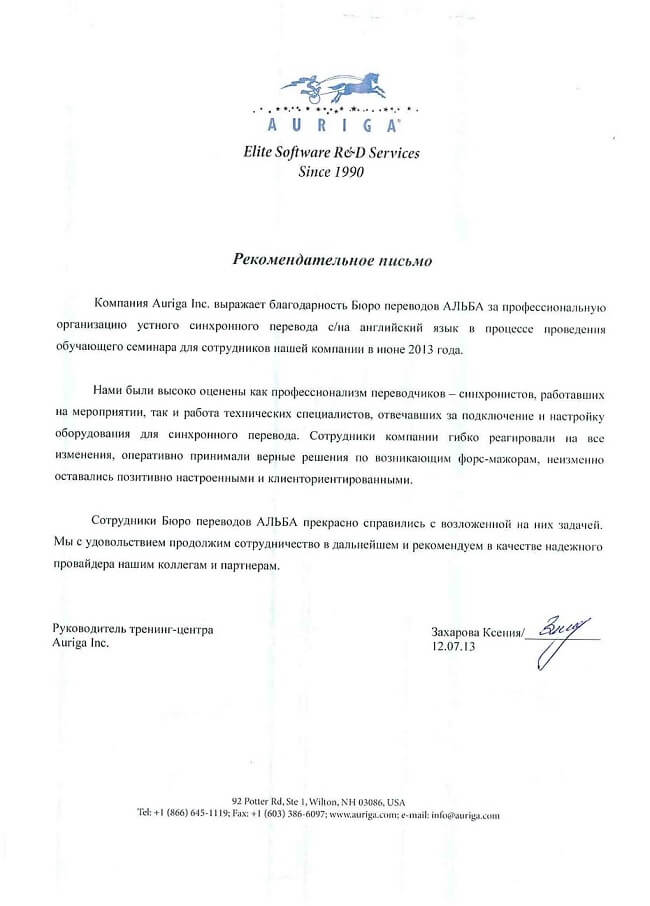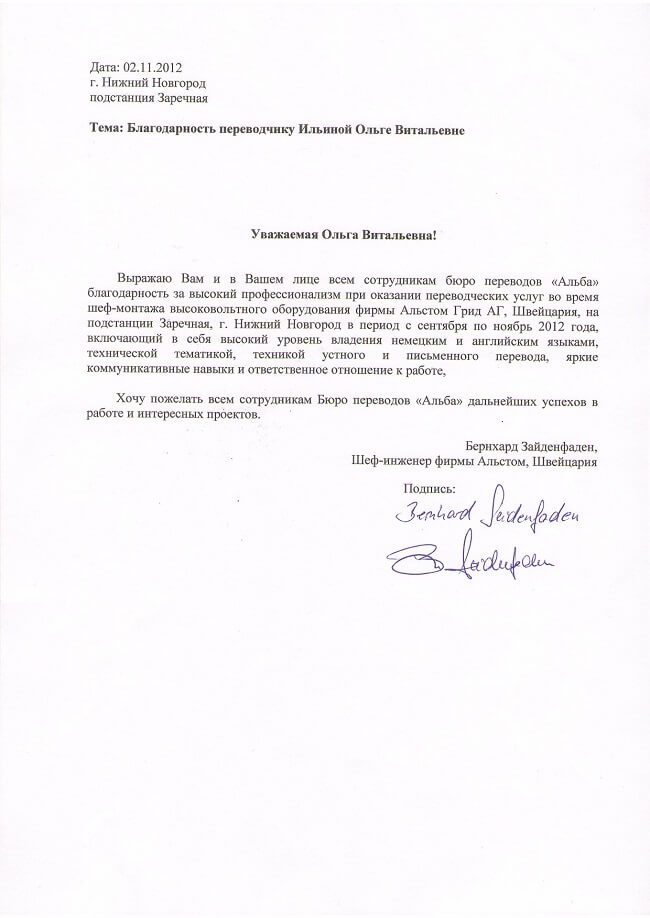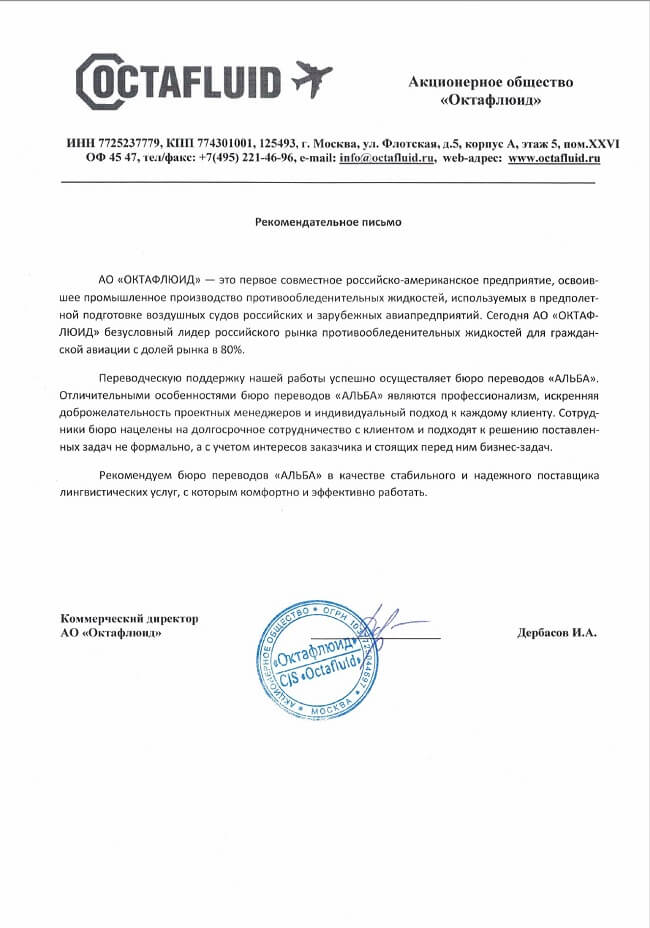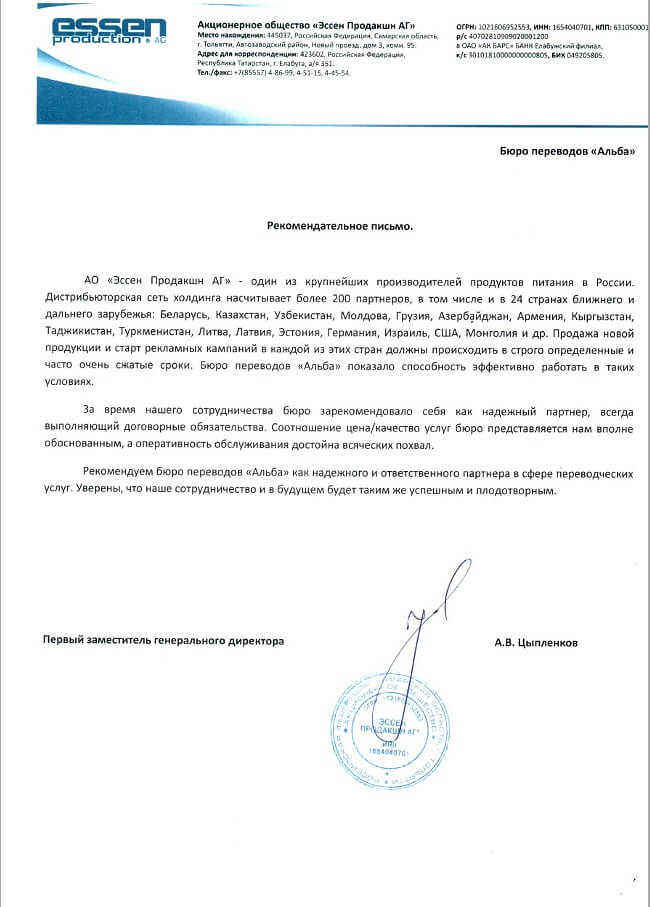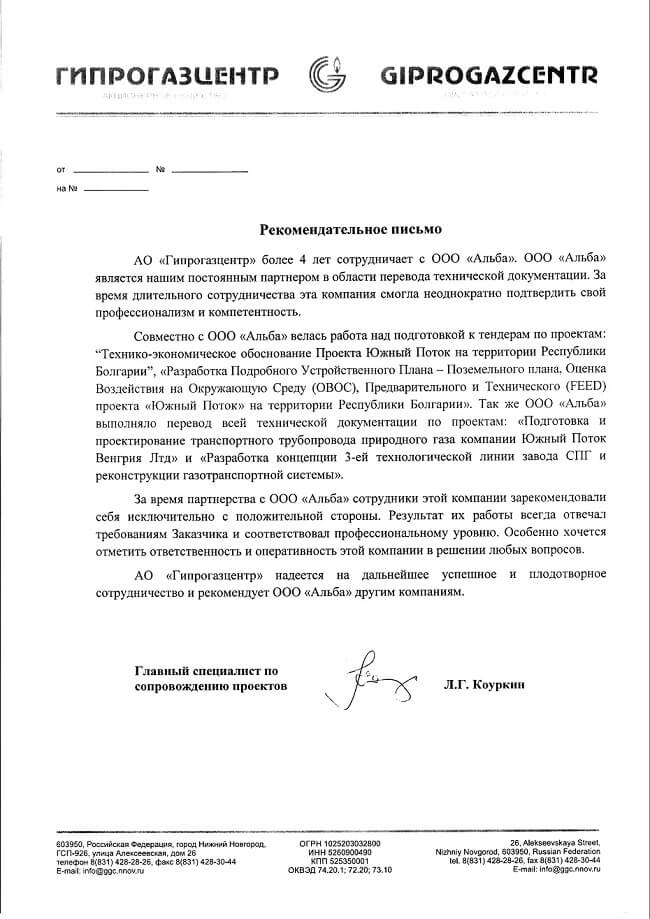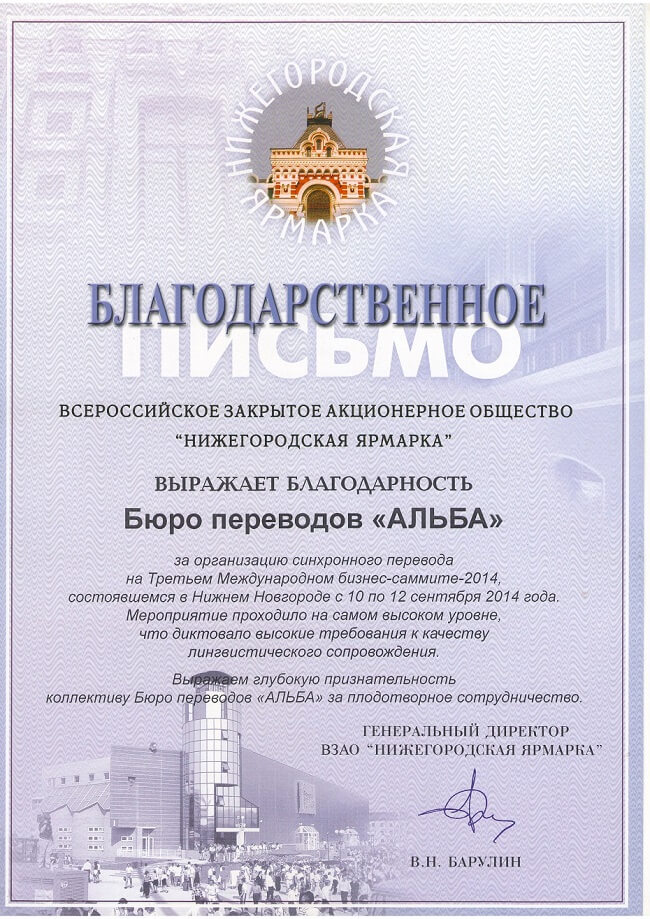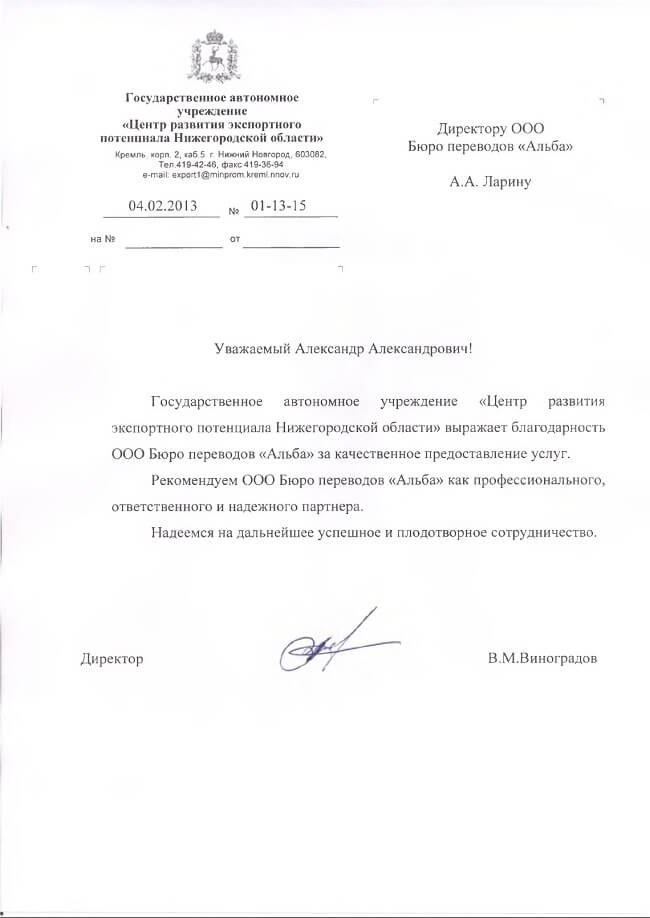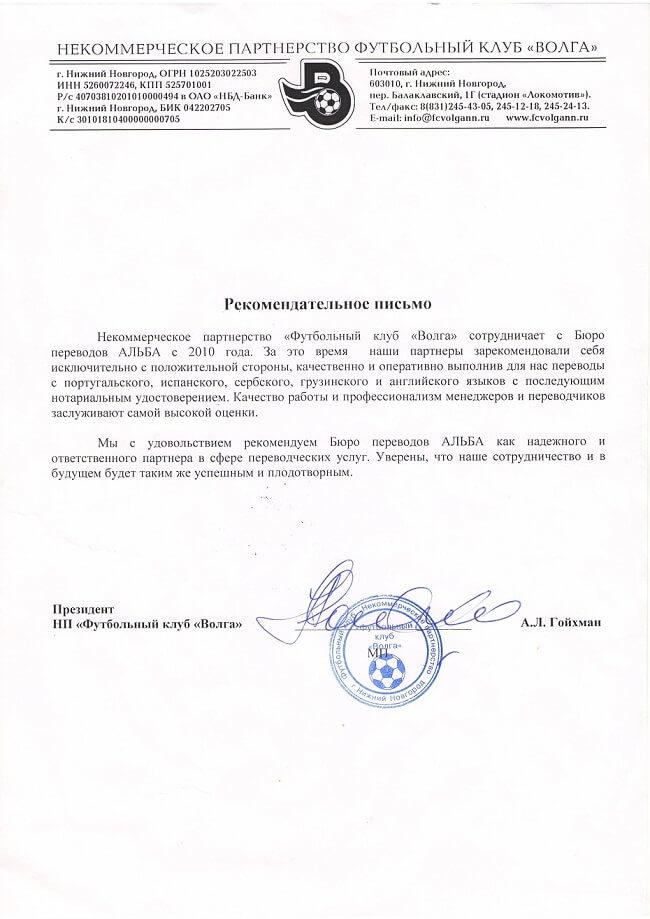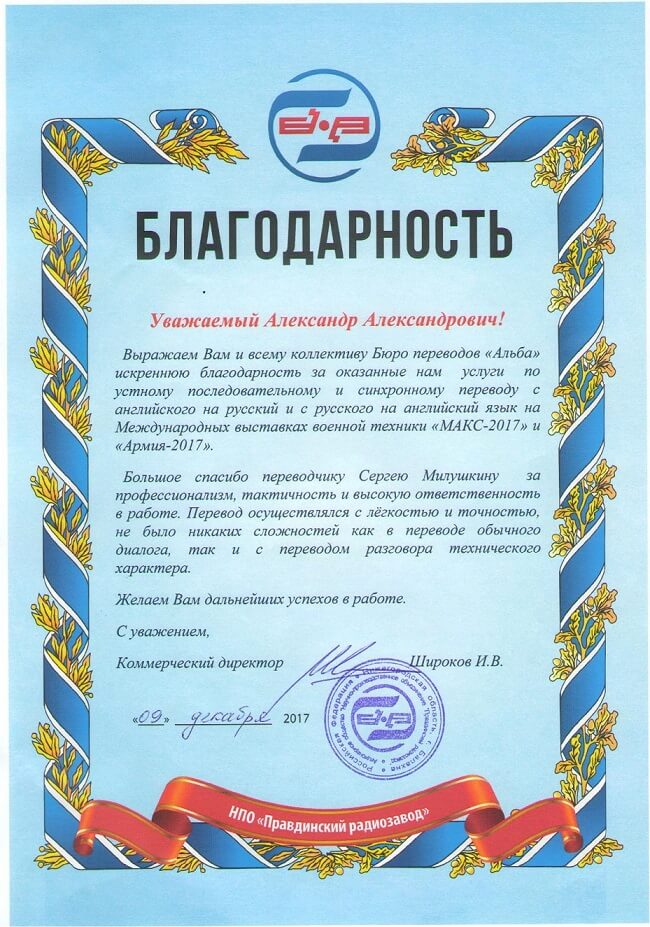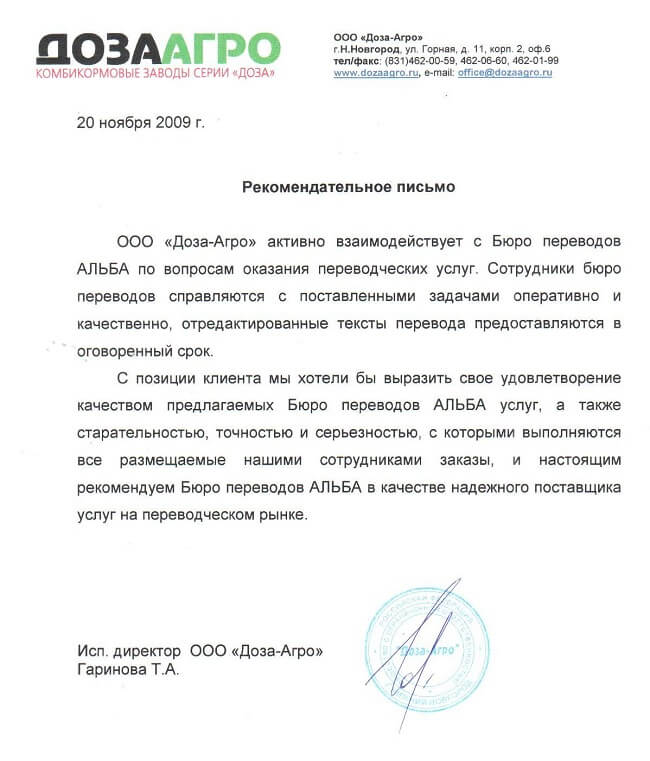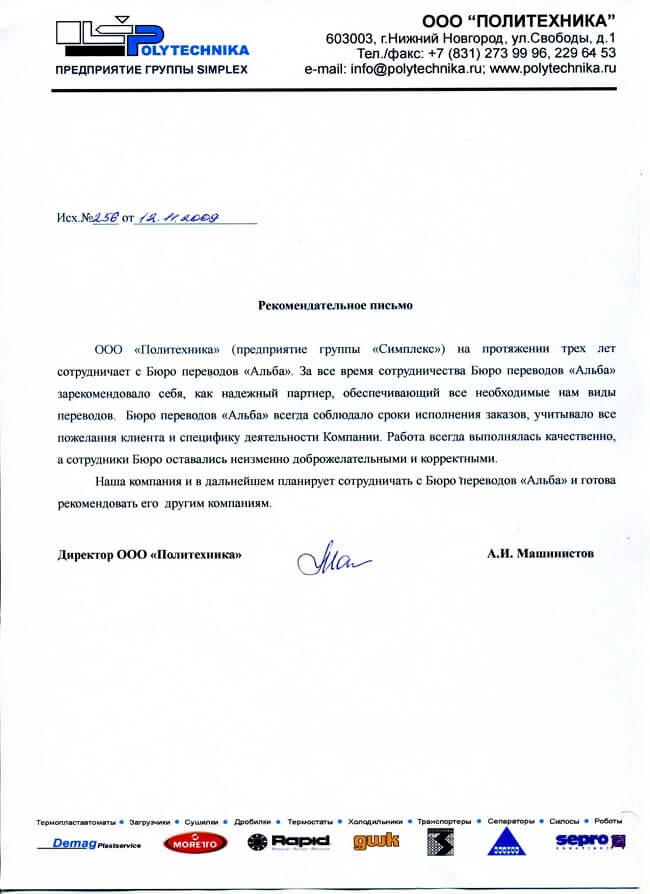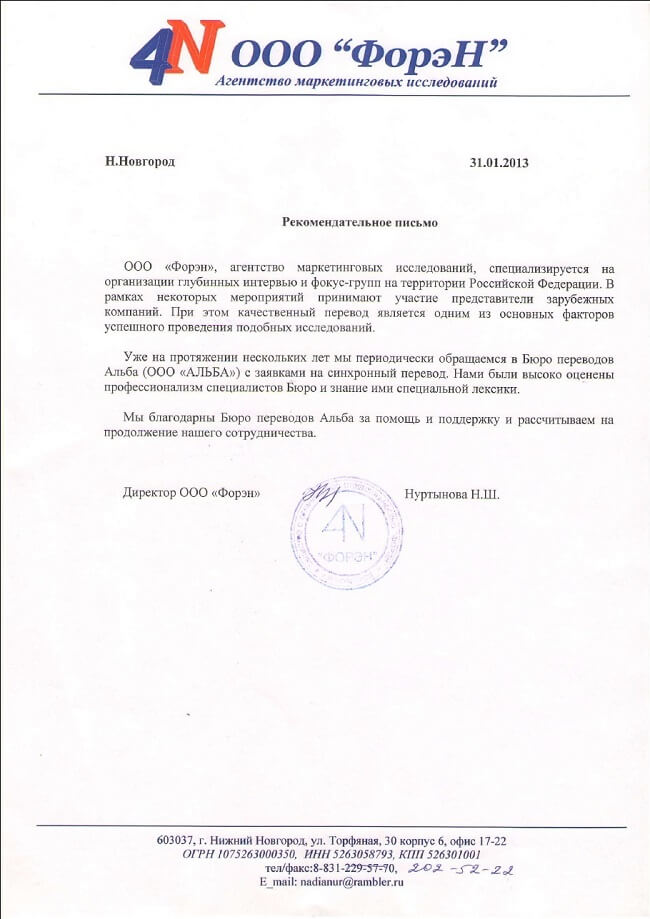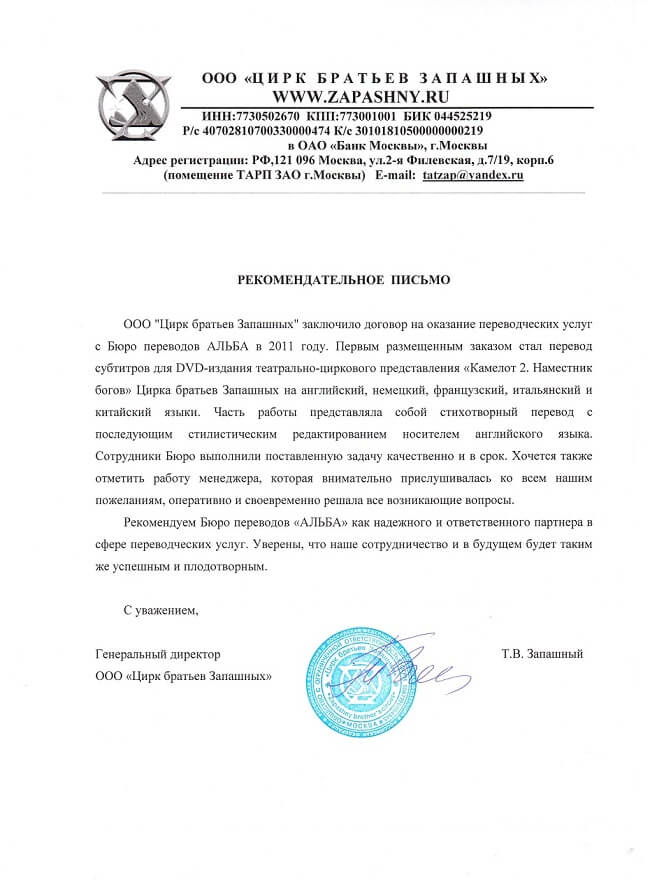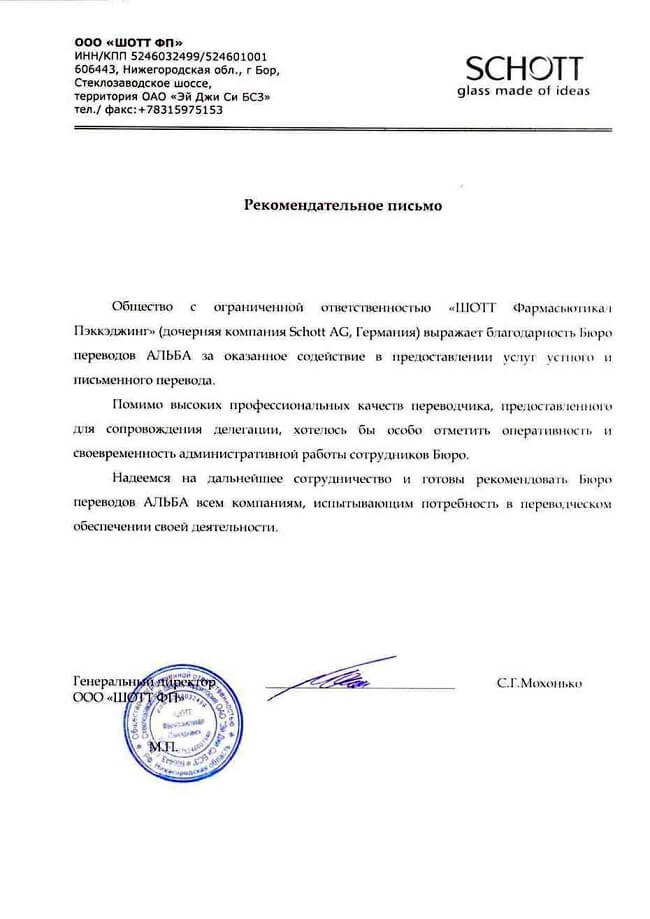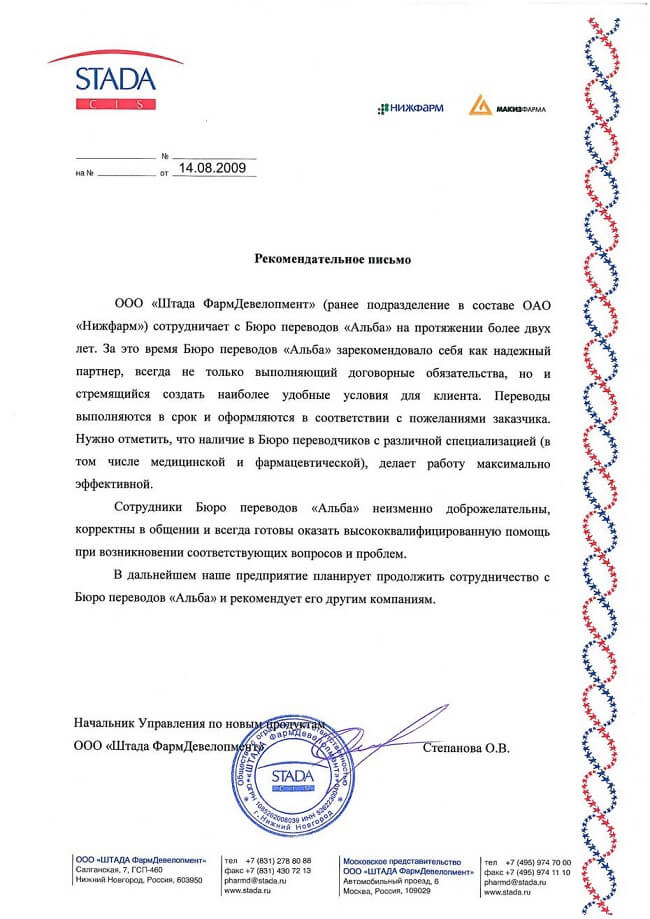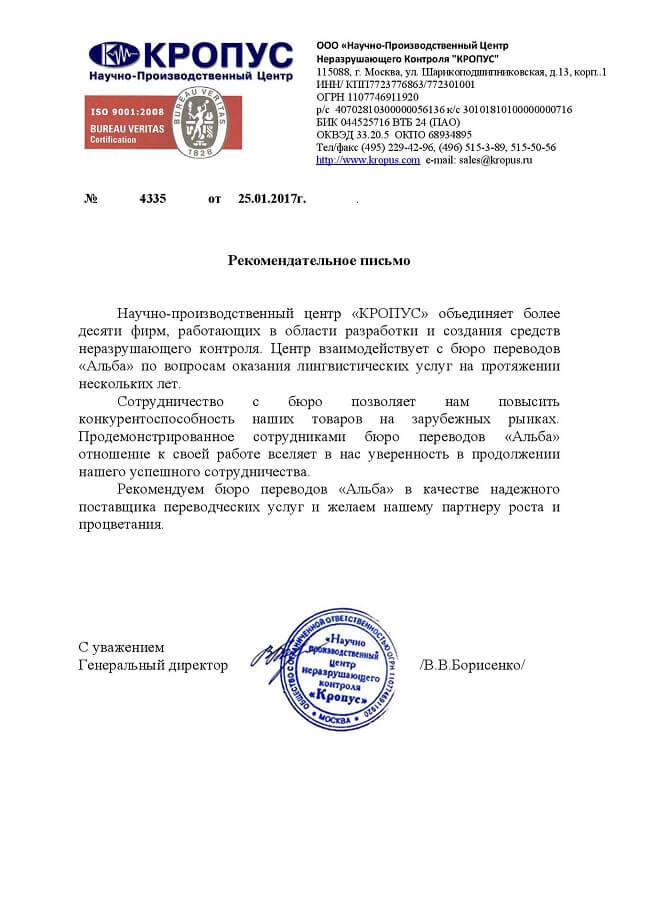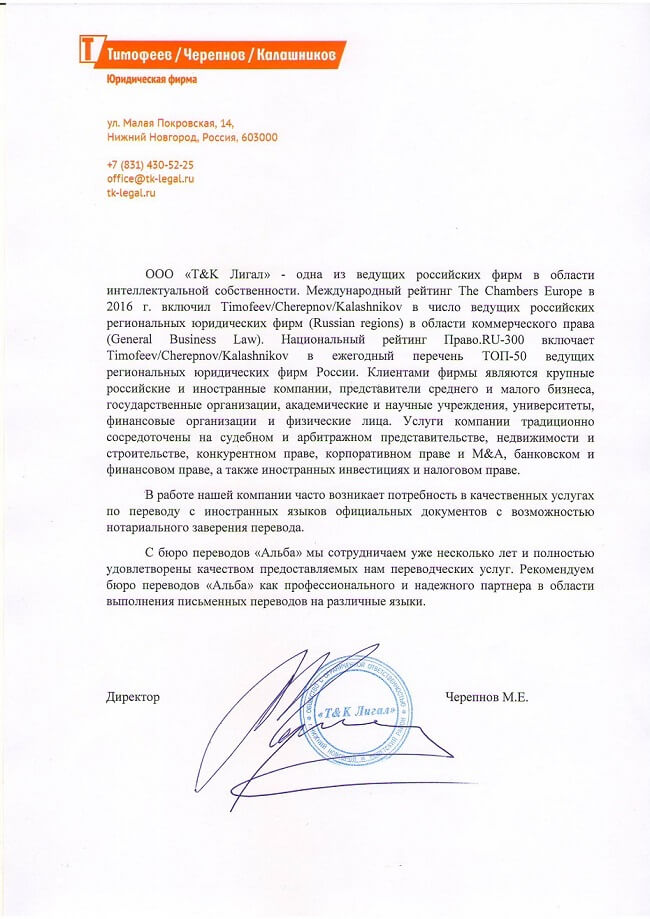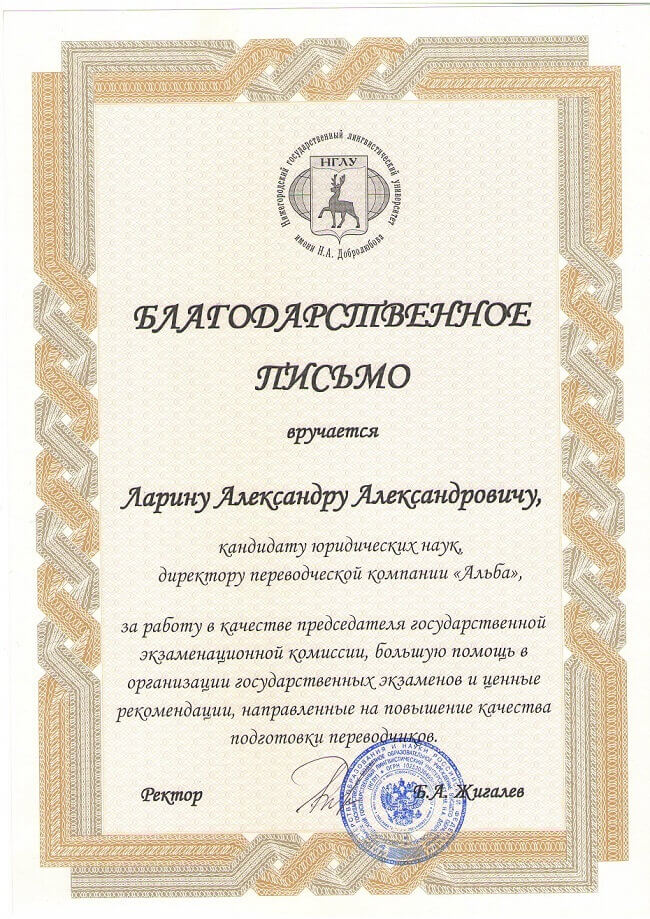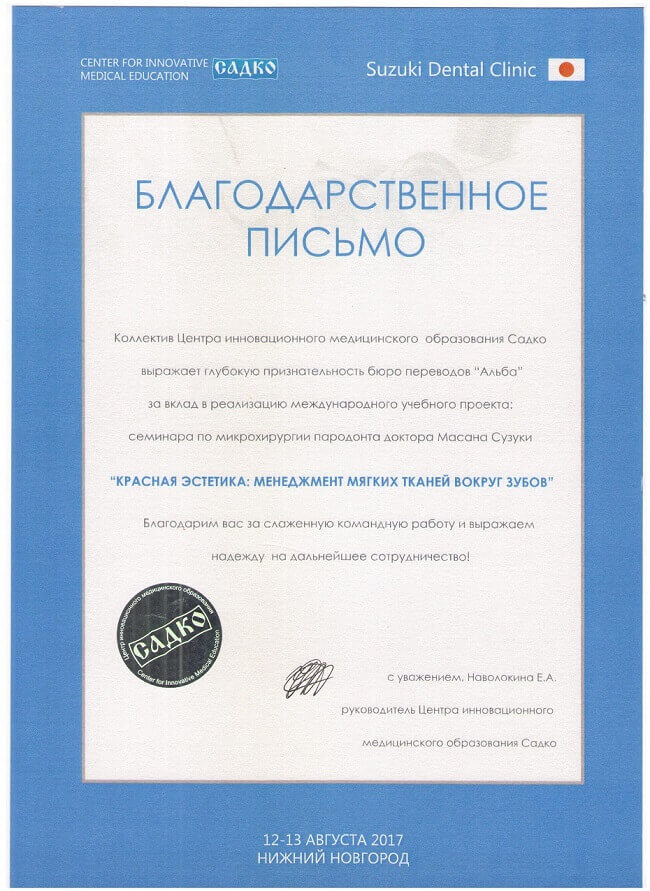Derivation of Russian Computer Slang on the Basis of the English Language
Макарчук Анастасия Игоревна — Студент, Омский государственный технический университет, Омск, Россия
Introduction
Nowadays, the computer acts as an means of cognitive and entertaining activity, a working tool, an intermediary in the process of communication for the most of people. As a result Information technology has greatly influenced various aspects of human life, in general, and language, as a means of communication, in particular.
Research objectives
1. To make a literature overview on the computer slang issue.
2. To study computer slang derivation in modern Russian language.
3. To identify the way computer slang is borrowed from English into Russian language.
Theoretical part
It is essential to note that, computer slang as a linguistic issue attracts attention of many researchers. Great attention is paid to the problem of distinguishing computer terms from computer slang [4], the process of transformation from term into to slang [5], the derivation of computer slang [2, p. 55].
However, despite of the investigations of computer slang, this layer of the Russian language doesn't have enough theoretical and practical understanding. The purpose of the article is investigate the process of derivation of Russian computer slang on the basis of the English language.
In the most general form, in Cambridge Dictionary slang is defined as very informal language that is used between people who belong to the particular social group [10]. The computer slang accordingly is an informal layer of language, which consists of words denoting objects of the field of professional activities of computer specialists [7]. Slang is created on the basis of this professional language.
According to the researcher A. I. Glazyrina, slang is defined as a special computer sublanguage, which is «part of a specific language and has a complex nature, based on the substrate of the natural national language, and is used as a means of written and oral communication by certain different groups of people united by one professional sphere of activity — as specialists and non-specialists» [4, p. 79].
Currently, Russian computer slang is often formed on the basis of the English language. This is due to the fact that English today dominates as a source of borrowing in various subject groups in the Russian vocabulary. English has a special influence on Russian slang formation. L. L. Fedorova pointed out that «one of the features of the modern state of the Russian language is the strengthening of the role of English language terms. English penetrates mainly through professional sublanguages and jargons. Mastering professional computer vocabulary is carried out by inference, i. e. the imposition of two language systems: English into Russian» [9, p. 47].
The analyses of the ways and means of computer slang formation shows that most of computer slang units appear in the Russian language from English language with the help of translation and transliteration, that is to say, a mechanical transfer or a mapping from one system of writing into another, typically grapheme to grapheme, so a reader who knows the system can reconstruct the original spelling. The word is borrowed completely with spelling, pronunciation and meaning. For example: баг (from English bug — virus, error, crash in the program); юзер (from English user — person using computer); девайс (from English device — piece of equipment). It is worth noting, that the computer terms of the English language are stylistically neutral, but in Russian these words acquire an ironic character and colloquial connotation.
The speakers of Russian computer language demonstrate maximum ingenuity in the process of creating new words. Transcription and transliteration, through which Russian computer slang is formed on the basis of English, is often combined with affixation, i. e. adding national suffixes, prefixes to the borrowed foreign basis. Such method of the slangism formation is called hybrid derivation [1, p. 203]. In the fact that the term from the English language assumes the norms of the phonetics and grammar of the Russian language. For example: авик (from English AVI — video file in the “avi” format), батник (from English Bat — batch command file), бипер — (from English beep — built-in speaker), думер — (from English Doom — a player in the Doom computer game), аппликуха (from English application — application program); блинковать (from English blink — flicker, blink); винда (from English Windows — operating system); быкапить (from English backup — duplication, make a copy); клоки (from English clock); смайлики (from English smile). Many verbs in modern Russian slang are formed from English words with the help of hybrid derivation. There are some examples: погуглить (from English to use Google); чатиться (from English to chat); коннектиться (from English to connect); кликать (from English to click the mouse); крэкать (from English to crack [programs]) [8].
There is another method of Russian computer slang derivation, which is called associative-phonetic mimicry and based on the similarity of sound or spelling. It is characterized by artificial renaming in order to get humorous associations. As examples the following expressions can be used: мыло (from mail.ru), жмыло (from Gmail), нет (from English the Internet), батон (from English button), дрова (from English drivers), Аська (from English ICQ)
A special feature of computer slang units is colloquial, ironic connotation, which is characteristic of youth slang, because there are many young people among programmers and computer users [6]. According to N. S. Valgina, «New forms and methods of human communication arise with the advent of global computer networks. A new type of activity is reflected on the language, and modern Russian is also in this international process. New forms of communicative activity are being introduced everywhere, especially among the studying youth, and therefore the growth of the professional slang field is inevitable...» [3]. So, computer slang as a part of the language serves as a means of informal communication of people who belong to the particular social group of computer users, especially of young generation.
Results
The results of the research work are the following:
1. A literature overview on the computer slang issue is made.
2. The computer slang derivation models in modern Russian language are studied.
3. Several ways of computer slang borrowings from English into the Russian language are identified.
4. A lot of examples are given.
Conclusion
In conclusion, it is possible to state that derivation of a modern Russian computer slang is based on the English language. English as a language of global communication represents a source of borrowings to form such informal layer of language as the computer slang, which consists of words denoting objects of the field of professional activities of computer users and specialists.
The transcription and a transliteration of English lexical units, hybrid derivation (a transcription combined with affix word formation), an associative-phonetic mimicry and artificial renaming are distinguished as the main ways of formation of the Russian computer slang on the basis of English language.
References
1. Андрианов П. С. Образование русского компьютерного сленга на базе английского языка // Качество открытого дистанционного образования концепции, проблемы, решения (DEQ-2017). Молодежь и наука: Материалы XIX Междунар. науч.-практ. конф. и науч.-практ. конф. студентов. Жуковский, 2018. С. 201–205.
2. Барт М. В. Каламбурное словообразование как продуктивный вид производства жаргонных дериватов (на материале русского компьютерного жаргона) // Мир науки, культуры, образования. 2010. № 1. С. 54–57.
3. Валгина Н. С. Активные процессы в современном русском языке. М.: Логос, 2003. 304 с.
4. Глазырина А. И. Компьютерный подъязык: термины, жаргонизмы, профессионализмы // Вестник Челябинского государственного университета. 2013. № 24 (315). С. 77–80.
5. Горбунова И. В. Функциональные особенности англицизмов в русском интернет-дискурсе // Вестник Иркутского государственного лингвистического университета. 2010. № 3 (11). С. 89–94.
6. Каркаева М. А. Социокультурный феномен молодежного сленга в киберпространстве // Филологические науки. Научные доклады высшей школы. 2018. № 3. С. 45–49
7. Кутузов А. Б. Лексико-семантические поля в компьютерном сленге // Вестник Тюменского государственного университета. 2003. № 4. С. 137–144.
8. Словарь компьютерного сленга. URL: http://www.seoded.ru/webmaster/dictionary-computer-slang.html.
9. Федорова Л. Л. Типология речевого воздействия и его место в структуре общения // Вопросы языкознания. 1991. № 6. С. 46–50.
10. Slang / Cambridge Dictionary. URL: https://dictionary.cambridge.org/ru/словарь/английский/slang.














